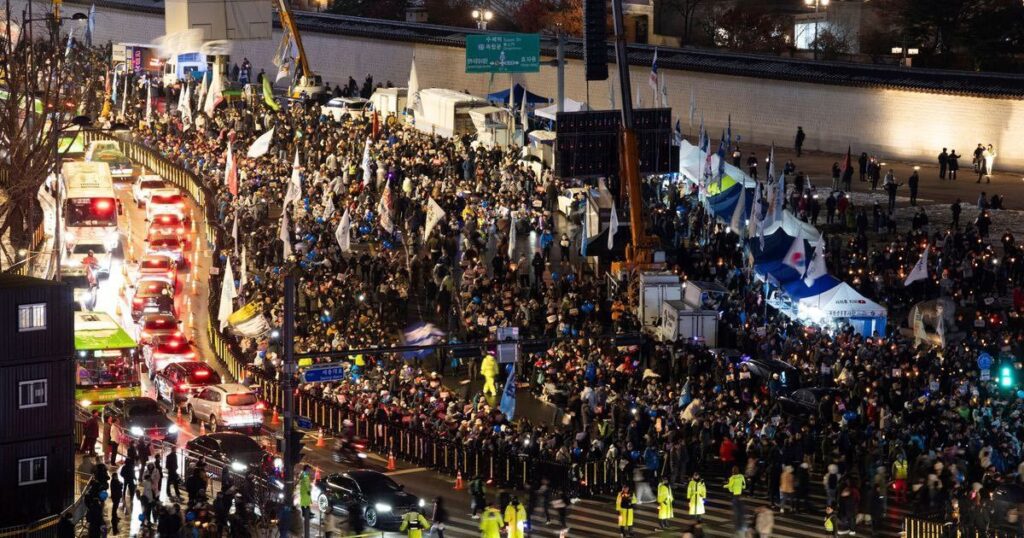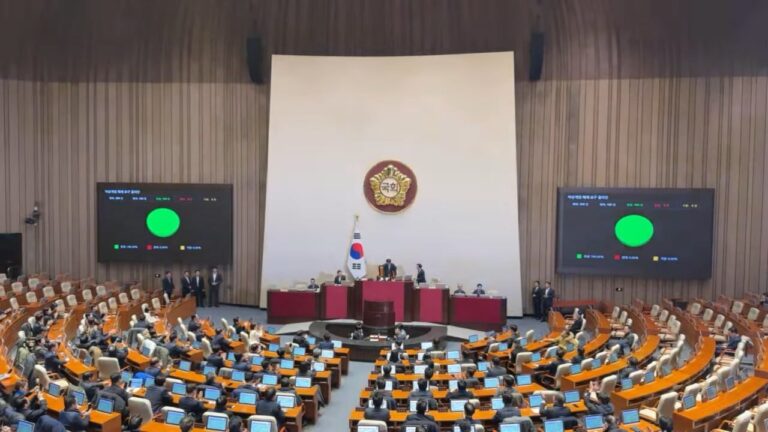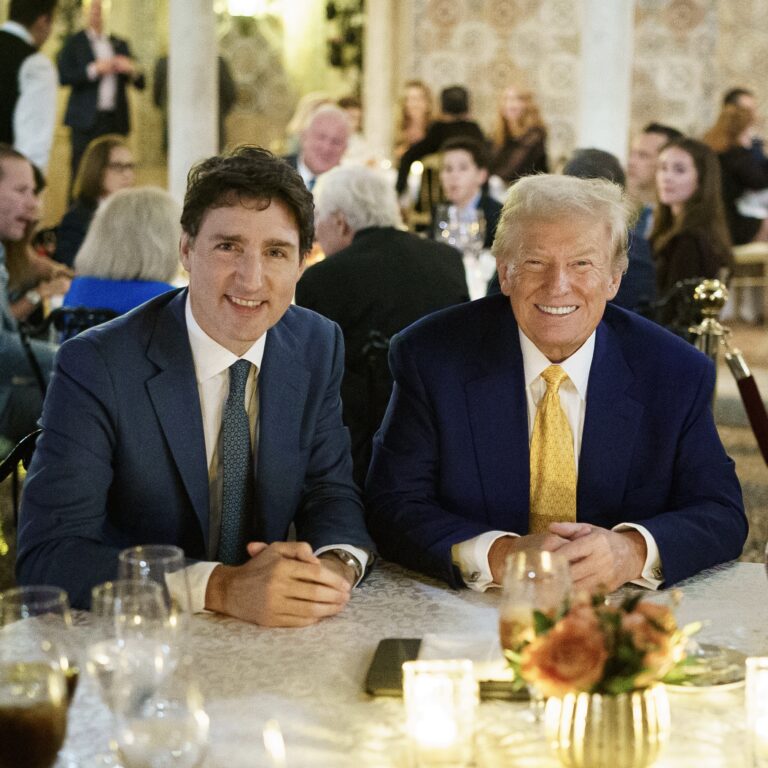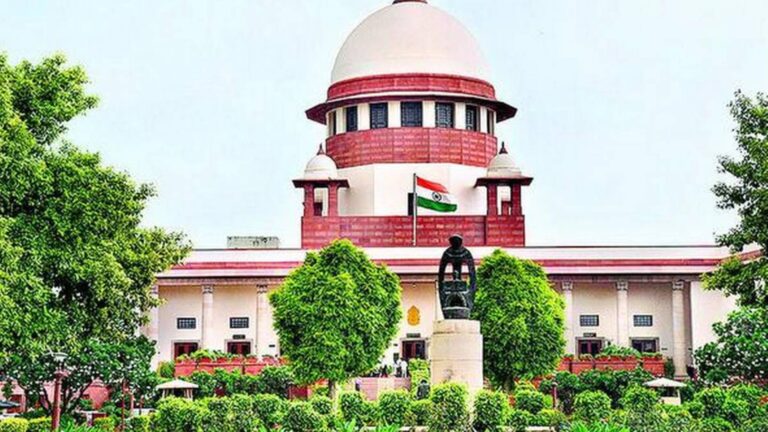
South Korea, a nation celebrated for its vibrant democracy and cultural exports, finds itself in the global spotlight following the declaration of a nationwide emergency by its President. This unprecedented move has sparked shockwaves worldwide, with viral videos and heated debates dominating media platforms.
What Happened in South Korea?
The South Korean President announced martial law, citing a growing influence of North Korean sympathizers within the nation. According to the President, these alleged infiltrations pose a dire threat to national security, prompting the drastic measure.
In a dramatic turn of events:
- Military Presence: Tanks and armed forces were deployed across Seoul, the nation’s capital. The military has taken control of the Parliament and key government institutions.
- Opposition Suppressed: Prominent opposition leaders have been arrested, and citizens’ rights have been suspended.
- Viral Footage: Videos of tanks on streets and soldiers entering Parliament have gone viral, drawing widespread criticism and concern.
Crazy scenes from South Korea as the military arrives to take control of Parliament after the President declared a national Emergency pic.twitter.com/Q4XlBeiVva
— Shashank Mattoo (@MattooShashank) December 3, 2024
Impact on Democracy
South Korea has long been regarded as a full democracy, ranking 22nd on the 2023 Democracy Index. Comparatively, India, ranked 41st, is classified as a flawed democracy. This makes the current situation in South Korea even more surprising, as the nation has often been seen as a democratic role model in Asia.
The opposition has described the emergency as a direct assault on democracy. One opposition leader compared it to a military coup, emphasizing the danger of allowing armed forces to control governance.
Geopolitical Implications
This development has implications far beyond South Korea’s borders:
- Tensions with North Korea: The martial law appears aimed at countering North Korean influence. Speculation suggests that South Korea may adopt a more aggressive stance against North Korea, especially given recent reports of North Korean soldiers assisting Russia in Ukraine.
- Global Reactions: Despite the dramatic turn of events, South Korea’s ally, the United States, has yet to issue a formal condemnation. The silence has raised eyebrows globally, given the U.S.’s history of advocating democracy.
Public Reactions and Protests
While some citizens support the government’s claim of addressing national security threats, many others are protesting to safeguard democracy. Images of civilians clashing with military forces outside Parliament have gone viral, underscoring the gravity of the situation.
Unanimous Rejection of Martial Law
Despite the President’s declaration, the South Korean Parliament held an emergency session to vote on the matter. Remarkably, all 190 members present unanimously opposed the imposition of martial law. However, the vote itself took place under extraordinary circumstances, with reports of military forces being summoned to the Parliament. Political aides and officials intervened to prevent the military from entering the premises, ensuring that the democratic process could proceed.
What Lies Ahead?
The coming weeks will be critical for South Korea. The government’s next moves, the public’s response, and the international community’s stance will shape the nation’s future. Observers are also closely watching for potential ripple effects on other global conflicts, such as the Russia-Ukraine war.
Key Takeaways
- South Korea’s declaration of martial law has upended its democratic framework.
- The situation highlights the delicate balance between national security and civil liberties.
- The world watches as South Korea navigates one of the most turbulent periods in its modern history.
Disclaimer
The content is based on publicly available information and video reports. For further updates, follow reliable news sources.
Also Read: Tensions Rise Between North and South Korea Amid Russian Support for Pyongyang
Follow US






